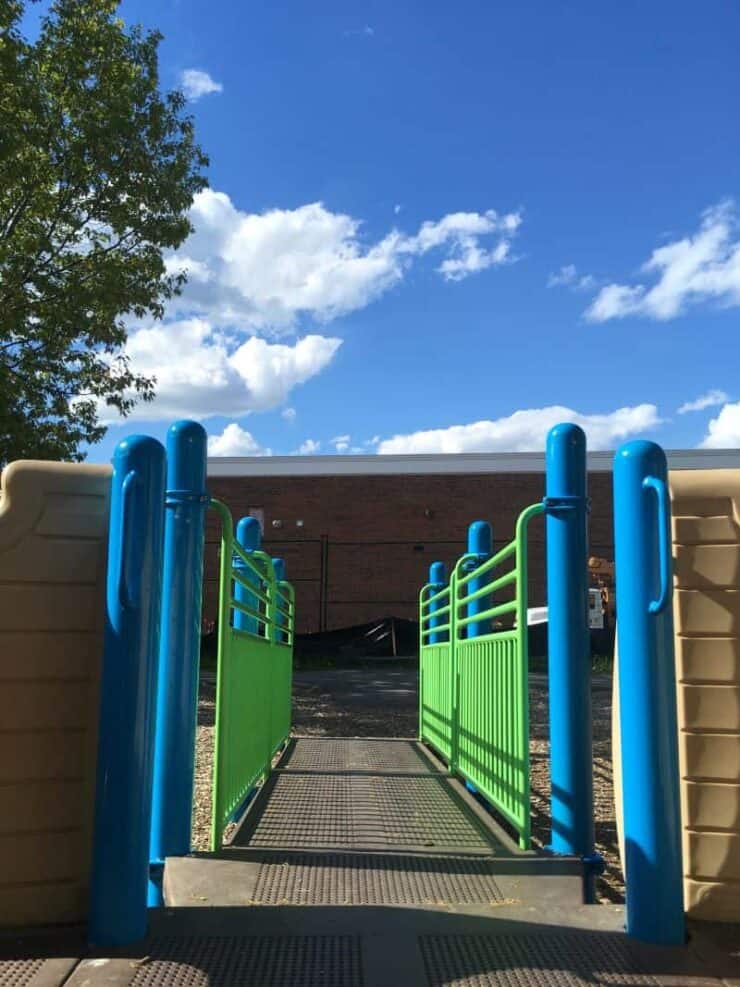
I am certainly in Easter mode. Sure, spring is about renewal, the joy and wonder of growth. It is so exciting to see the early shoots just poking out of the ground. I get so excited to see them that I often forget who or what helped to prepare the ground for this miracle and how? God, the April rain, the planting of perennials or clearing away last year’s debris? I am sure it is all of that. So, why am I thinking this way? I, like everyone after a long winter, feel a renewed sense of energy and hope. I spent the winter learning and preparing for the next steps in my life’s journey. Did I do it alone? No indeed. I had help and support from mentors.
Mentoring is an unselfish act that involves both giving and some measure of sacrifice.
Mentoring is an unselfish act that involves both giving and some measure of sacrifice. Think the four Cs: calming, caring, coaching, collaboration and also mentoring. I have been blessed with all five this winter and from some very special people and from some surprising directions.
Mentoring could be seen as that expression of love and selfless care for another human being.
Brenee Brown talks about bringing love back into the workplace. For Madame Brown, this means acknowledging your humanity, having the courage to be vulnerable, and caring deeply about your colleagues. Mentoring could be seen as that expression of love and selfless care for another human being. In mentoring, as with any relationship where you need to connect deeply, it is important to establish how you will relate with each other, how you will use language to express your love for humanity.
Julie Nguyen talks about a love language – how we express connection and appreciation. There are about five types of love language and each of us may prefer one type over another. I have borrowed quite shamelessly from Julie Nguyen’s article in mbgrelationships to explore what these five types of connection might look like in a mentoring relationship.
Figure: Love Language and how it relates to Mentoring Practice
| Affirmation | Spending Quality Time | Service | Gifts | Physical Touch | |
| Love Language | Compliments and words of appreciation and encouragement. | Active listening, undivided attention, and meaningful conversations. | Small actions to make life easier and an “Actions speak louder than words” mentality. | Giving and receiving of meaningful gifts. | Physical signs of affection and conveying a feeling of warmth and comfort. |
| Mentoring Application | Loads of encouragement and engagement. | Active listening and meaningful conversations. | Advice from a technical and a social perspective. | Gifts of knowledge or templates that can prove useful. | Warm and comforting body language that enables trust |
So, am I just spouting out about what should be with no practical knowledge of the mentoring experience? Of course not. I have had and continue to have various mentors in my life. I decided to look further at good mentoring practices and wondered how many I could check off. A 2019 Forbes article and Hubspot list the major attributes to look for in a mentor. I have added a couple more.
- Has a genuine interest in seeing you succeed
- Has current and relevant expertise
- Is curious and a lifelong learner
- Asks powerful open-ended questions and listens deeply to your answers
- Knows when to ask for help or to press pause
- Shares their own journey with its failures and successes
- Has the time and energy to devote to mentoring you
- Builds your trust
- Doesn’t assume anything, asks you first
- Knows when to give you advice
- Celebrates your achievements and helps you to see your own worth
- Seeks out resources to help you grow
The questions raised during the mentoring process may bring clarity or a new perspective to an idea, a process or a relationship for everyone involved.
Does the mentee also contribute positively to this relationship? Of course! Reverse mentoring is where the younger or less experienced person in the relationship teaches the mentor something or encourage the mentor to grow in some way. Every mentoring relationship involves opportunities for two-way learning. Reverse mentoring can be so much more than brushing-up on shared technology. The questions raised during the mentoring process may bring clarity or a new perspective to an idea, a process or a relationship for everyone involved. So, what does all of this tell me about the joy of renewal and growth. What it tells me is that mentoring relationships will help me to continue to grow and develop in different ways and to help someone else to do the same. These are relationships where I can be my whole self, giving and receiving comfort and encouragement. I can feel safe to ask dumb questions and can test out things without fear. I know that my mentors have the curiosity to truly listen to me and to help me drive past the conventional go-to solutions and my own self-doubt. I know also that my mentors will see past the inevitable mishaps and unfortunate attitudes, and that we can find a way through together. Most importantly, I have experienced what it truly means to have and to be a mentor. The four “Cs” still stand out for me: Calming, Caring, Coaching and Collaborating. At Easter, I remember that mentoring is about selfless giving that includes a measure of sacrifice. Remember your mentoring relationships with gratitude. They are worth it!